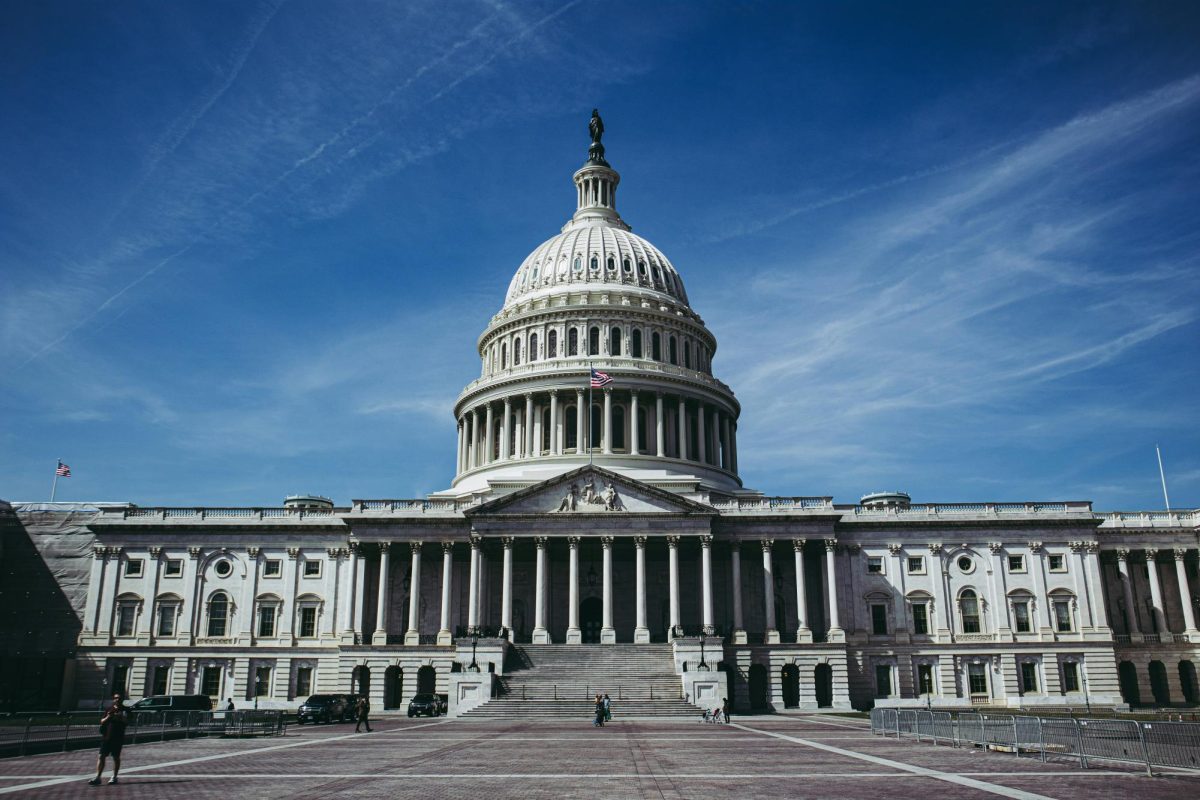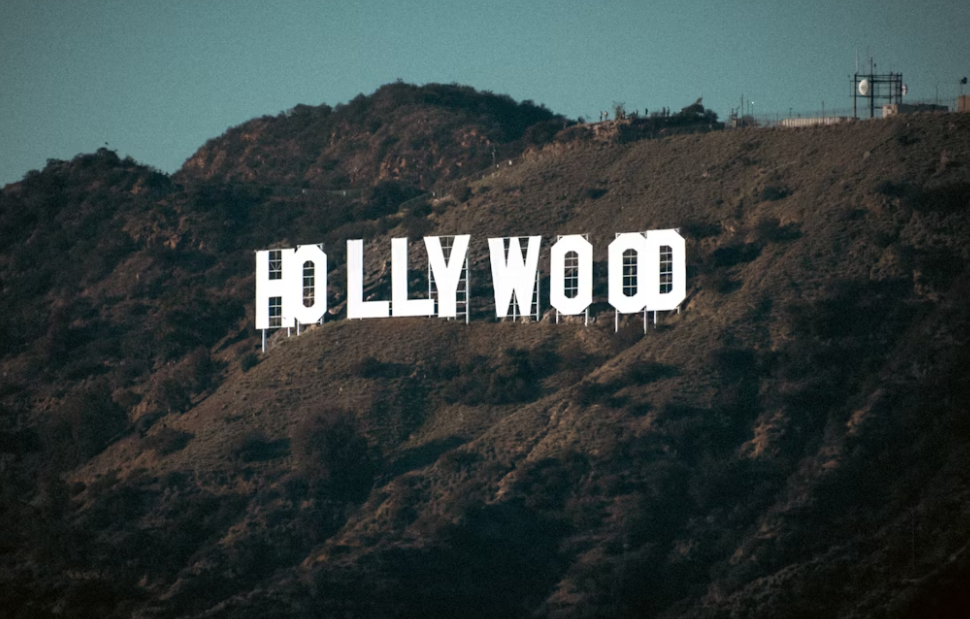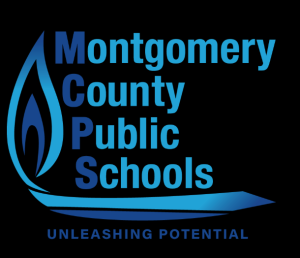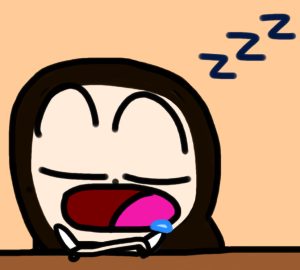Banning Books From the Classroom: Is It Protecting Students or Setting Us Back?
February 21, 2023
What is a book? For most, books represent something between a form of entertainment, an escape from reality, a form of expression, or something you’re forced to read for school. You’ve all encountered a set of written words one way or another in our lives, and no matter how or when we’ve seen or used a book, it may have indirectly shaped your perspective on the world around you.
However, across the nation in recent years, leaders have taken the extreme step of banning certain books in schools. The primary focus of these bans has been books that involve content about racism, history, assault and domestic violence, and LGBTQ+ issues or characters.
The idea that banning books is “protecting” or “sheltering ” innocent minds of students from large and heavy topics such as racial oppression is false. Removing these topics from the library shelf or the classroom is only silencing the stories of those who have gone through struggles unimaginable to most. Students become more naive the more they are unaware of the differences and disparities in the lives around them.
As schools remove and cut down on book content, students miss out on not only possible social enrichment but also opportunity. Books can teach us, starting from a young age, about differences in our communities; books are a pathway to learning about cultures, differences in lives, and real-life experiences.
In Barbara VanDenburgh’s article “Book bans are on the rise. What are the most banned books and why?” she notes that, “In 2021, the ALA recorded 729 book challenges targeting 1,597 titles. That’s more than double 2020’s figures and the highest number since the organization began recording data in 2000.” With the number of banned books increasing, students become blinded to the real world and the issues are seen every day. VanDenrugh also lists some of the most commonly banned books in school systems across the nation, which reveals that some of the top bans have been for some of the most renowned books in school curriculums including “To Kill a Mockingbird, by Harper Lee, The Catcher in the Rye, by JD Salinger, and The Grapes of Wrath, by John Steinbeck.”
It is important that we keep the discussion active about these issues, even if they are a lot to unpack, and books are a way to do so. Students gain a different level of knowledge the more they read. Students can gauge a different perspective the more they read, and it can introduce them to diverse groups of people and cultures. The more people read, especially adolescents, it helps adolescents overcome systemic barriers. By reading these banned books, students will grow to be understanding and welcoming to people from all backgrounds and walks of life. The ban on books for secondary schools (middle and high schools) needs to be lifted in order for stories to still be told and the truth to never be forgotten.











































